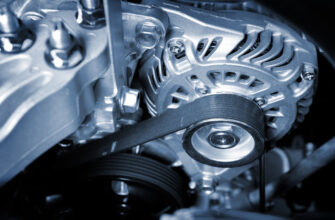Choosing the right oil for a modern car is the key to the correct functioning of the engine and maintaining all its technical characteristics throughout its entire service life. It is not enough to go to the market and buy the first oil that comes along, you need to clearly know the recommendations of the car manufacturer, as well as the characteristics that you should pay attention to when choosing.
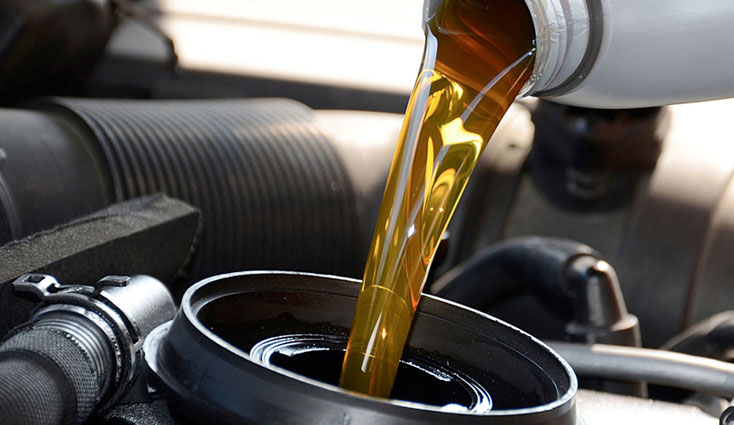
!
We recommend reading articles from an expert on choosing an oil filter and the secrets of choosing a flushing oil for a car.
- The best manufacturers of engine oils
- Types of engine oils
- Mineral oil
- disadvantages
- Semi-synthetic oil
- disadvantages
- Synthetic oil
- disadvantages
- The main criteria for choosing engine oil
- SAE viscosity
- Compliance with API (American Petroleum Institute) and ACEA (European Automobile Manufacturers Association) classification
- Additional approvals of specific car manufacturers
- Tips for using engine oil
The best manufacturers of engine oils
When choosing oil for your iron horse, preference should be given to products of well-known world-famous chemical concerns:
-
Motul;
-
Castrol;
-
Mobil1;
-
Shell;
-
Eni;
-
BP;
-
Mannol;
-
Liqui Moly;
Recently, domestic producers of motor oils, such as Lukoil, Tatneft, and the Belarusian Naftan, have also improved in terms of quality. It is not recommended to pour their products into high-tech Japanese and German engines, however, for the domestic auto industry, as well as for old foreign cars, this oil is more than enough. This is evidenced by numerous reviews on automotive forums, as well as in various groups of social networks dedicated to automotive topics.
Types of engine oils
Mineral oil
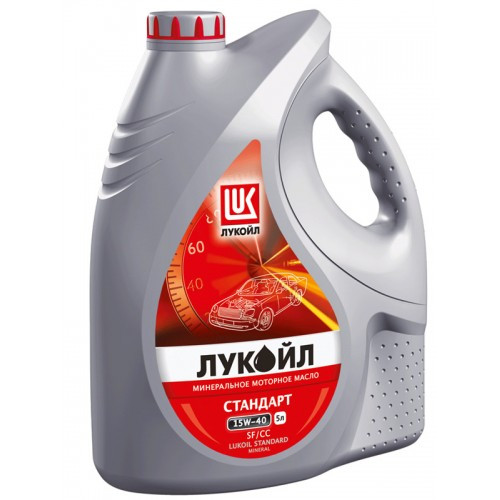
The most cost-effective form, obtained as a result of oil distillation. To ensure the necessary properties in the synthesis process, a large number of additives are added that stabilize the characteristics of the oil and extend its resource. Due to its low temperature resistance, the presence of a large amount of sulfur and mediocre mechanical resistance, it is recommended for use only in old cars that are not demanding on oil quality.
Advantages
-
Low cost;
-
Rich set of additives;
disadvantages
-
Low thermal stability;
-
Not suitable for modern cars;
-
Loses viscosity;
-
Additives work quickly and precipitate;
Semi-synthetic oil
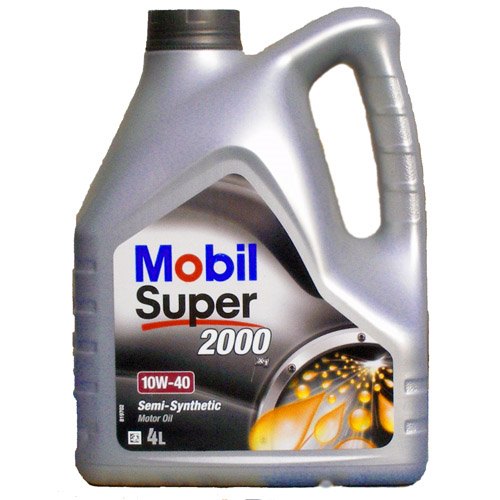
It is a combination of quality synthetics with well-defined properties and a mineral base oil that serves as a kind of container. At a price slightly higher than that of mineral water, it has better properties and is suitable for use with more or less fresh engines of cars and trucks, subject to the viscosity and tolerances recommended by the manufacturer.
Advantages
-
Inexpensive;
Low volatility;
-
Balanced additive package;
-
Good temperature resistance;
-
The resource significantly exceeds that of mineral oil;
disadvantages
-
Works quickly;
-
Not suitable for modern cars;
-
When the replacement intervals are exceeded, it falls out as oil sludge;
Synthetic oil
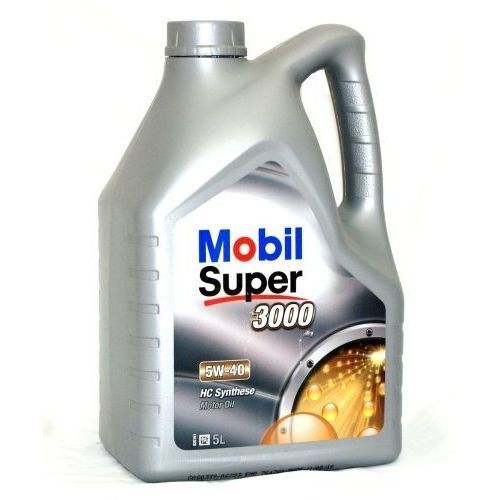
The production of such oil is carried out by means of synthesis on high-tech equipment. The highest quality and most modern oil recommended for use in modern engines. High temperature resistance, low volatility. High quality package of detergents and EP additives.
Advantages
-
Excellent performance;
-
Resistance to oxidation and precipitation;
-
Retention of viscosity even with long runs;
-
Long service life;
-
Balanced composition;
disadvantages
-
Most expensive;
-
Engines with high mileage can 'eat up' synthetic oil;
The main criteria for choosing engine oil
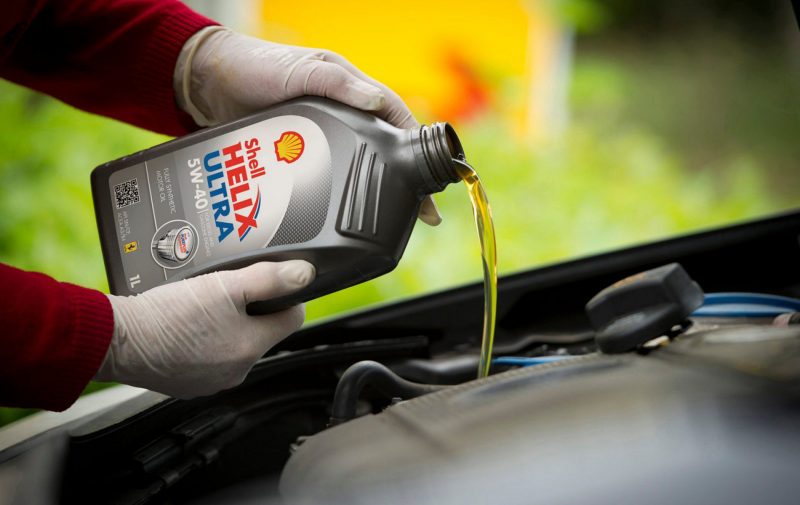
In addition to the manufacturing principle, the following characteristics of the engine oil are also important.
SAE viscosity
A key parameter responsible for performance and thermal stability under certain conditions. Viscosity is indicated by two digits, displayed through the Latin letter W.
-
The first digit displays the viscosity of automotive oil during cold scrolling. Synthetic oils of class 0w guarantee the retention of oil characteristics at temperatures down to -40 degrees, 5w – up to minus 35 degrees, 10w – up to minus 30, and so on;
-
The second number denotes the viscosity of a particular oil after the engine reaches operating temperature. The higher the number, the thicker the oil will be when it has reached working condition.
Compliance with API (American Petroleum Institute) and ACEA (European Automobile Manufacturers Association) classification
This or that index is issued after passing the relevant laboratory tests and determining the degree of suitability for operation with a certain type of engine. It is designated as two letters.
-
The first letter designates the engine category. The letter S makes it clear that the oil is recommended for use with a gasoline engine, C – with a diesel engine;
-
The second letter denotes the oil class, and the further from the first letters of the alphabet it is, the higher the oil performance characteristics. For example, diesel oil of the CE category in its parameters will be significantly higher than that which has the CA marking;
Additional approvals of specific car manufacturers
The above tolerances are universal, by which one can judge the suitability and grade of the oil. At the same time, there are highly specialized tolerances from specific manufacturers, which must be paid close attention to. The following tolerances can be distinguished:
-
Mercedes Benz;
-
BMW Longlife (ll98, ll01, ll04);
-
Porsche;
-
Ferrari;
-
GM;
-
Volkswagen Audi Group;
Tips for using engine oil
-
The type, viscosity and tolerances are recommended to be selected based on the recommendations of the car manufacturer;
-
Oil change under Russian operating conditions should be carried out at least once every 8-10 thousand kilometers (or after 150-180 operating hours, if the operation takes place in traffic jams). It has been repeatedly verified that it is after such a run that even a good oil is almost completely worked out;
-
Mixing different engine oils is not recommended but allowed. One of the main requirements of the API and ACEA classification is the compatibility of the chemical composition with oils of similar parameters and viscosity. This is done so that the user can add 0.5-1 liter of oil when the warning lamp on the dashboard comes on without damage to the engine;
-
When operating modern engine oils, there is no need to replace the 'summer' oil with the 'winter' one. Much more important is timely replacement and elimination of processing at one replacement;
!
In the next article, we will reveal all the secrets of choosing the right timing belt for your car.
Attention! This material is the subjective opinion of the authors of the project and is not a purchase guide.








